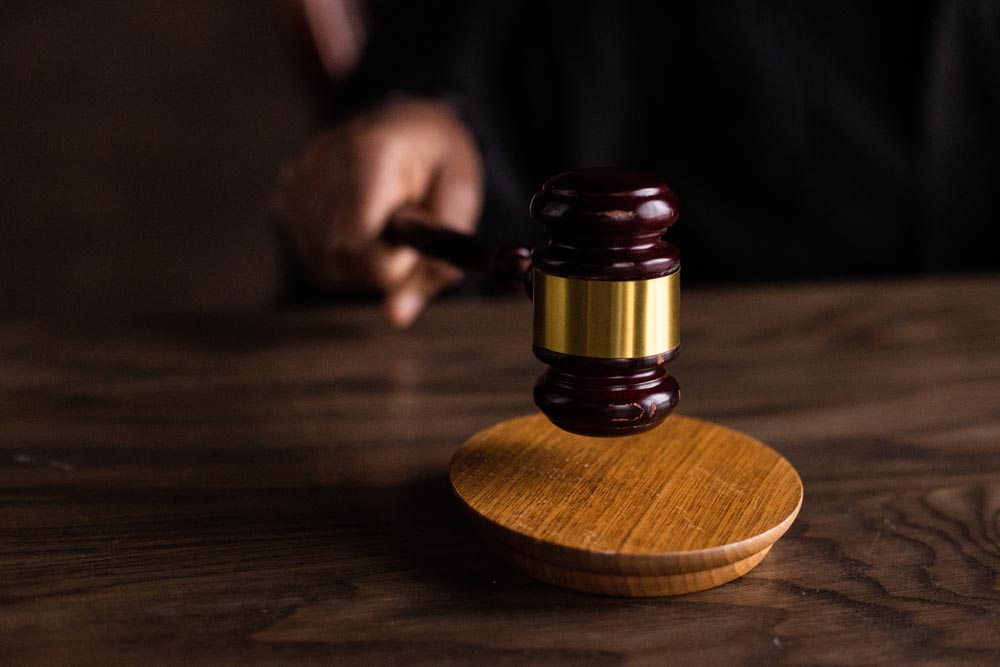
On February 29, 2016, Hugh A. McCabe received a defense verdict on behalf of Dream Water in a class action suit alleging false advertising, breach of warranty and unfair competition.
Defendant first began selling Dream Water in California in 2010. Dream Water is sold in 2.5-ounce bottles as a dietary supplement to help promote sleep and relaxation. Plaintiff alleged he purchased Dream Water, consumed them, and filed a complaint against Defendant claiming Dream Water did not have sleep and relaxation effects as advertised. The complaint alleged violations of Civil Code section 1750, the Consumer Legal Remedies Act (“CLRA”); Business & Professions Code section 17200, California’s Unfair Competition Law (“UCL”); Business & Professions Code section 17500, California’s False Advertising Law (“FAL”); Breach of Express Warranty; and Breach of Implied Warranty. Plaintiff’s complaint was brought on behalf of himself and a putative nationwide class. Plaintiff’s Third Amended Complaint was brought on behalf of himself and a putative state-wide class alleging violations of the CLRA, UCL, and FAL.
Plaintiff filed his Motion for Class Certification on March 5, 2014. Defendant opposed the certification motion on several grounds, including Plaintiff’s inability to meet the class action requirements of California Code of Civil Procedure section 382 and failure to demonstrate standing under the UCL, FAL, and CLRA.
On September 11, 2014, an order was issued certifying Plaintiff’s state-wide class. The class consisted of all persons who purchased Dream Water in the State of California from the date it was first sold through May 2, 2015, the date class notice was disseminated.
Trial was bifurcated with respect to liability and damages. The liability phase of trial took place over the course of five days from February 22-29, 2016.
Plaintiff proceeded at trial on his theory there is no scientific basis for the advertised efficacy of Dream Water and that Defendant’s advertising is not only misleading, but is in fact false, in violation of the UCL, FAL, and CLRA. Plaintiff, on behalf of himself and the certified class, thus had the burden of proving: (1) the challenged advertising statements were false or misleading, (2) Plaintiff’s own actual reliance on the advertising, and (3) with respect to class-wide reliance, that the advertising statements were material to consumers, as required by the CLRA, or that the advertising statements were likely to deceive consumers, as required by the UCL and FAL.
Plaintiff offered testimony of a designated expert who testified as to his belief there is no credible evidence to support the efficacy of Dream Water’s ingredients. Plaintiff himself testified about the experience with Dream Water, gave conflicting testimony about whether and to what extent he relied on the Dream Water label or website.
Defendant offered designated expert testimony about scientific studies confirming the use of Dream Water’s ingredients for the purpose for which Dream Water is advertised and the fact there is a consensus amongst physicians that melatonin, the primary ingredient in Dream Water, works as a gentle sleep aid.
On February 29, 2016, the Court rendered the verdict for the Defendant on the last day of trial. The Court found the testimony of Plaintiff’s expert did not demonstrate that there was no valid scientific or medical evidence to support the advertising claims associated with Dream Water. The evidence presented at trial demonstrated there is scientific support for those claims and Plaintiff failed to prove, by a preponderance of the evidence, that Defendant made false or misleading statements in any of its advertising or labeling.
Because the Court found Plaintiff failed to prove Defendant’s advertising statements were false or misleading, it follows that Plaintiff failed to establish his claims under the UCL, FAL, or CLRA which require false or misleading statements be made. The Court was not required, but nonetheless chose, to also address the ancillary issue of whether Plaintiff satisfied the additional requirements of the UCL, FAL, and CLRA on behalf of himself and the class. The Court found Plaintiff had no credibility whatsoever. Plaintiff failed to prove causation or actual reliance on the label and website, and also failed to prove class-wide reliance on the advertising, as required of him under the three statutes.
For further information, our attorneys can be reached at (619) 238-1712.


